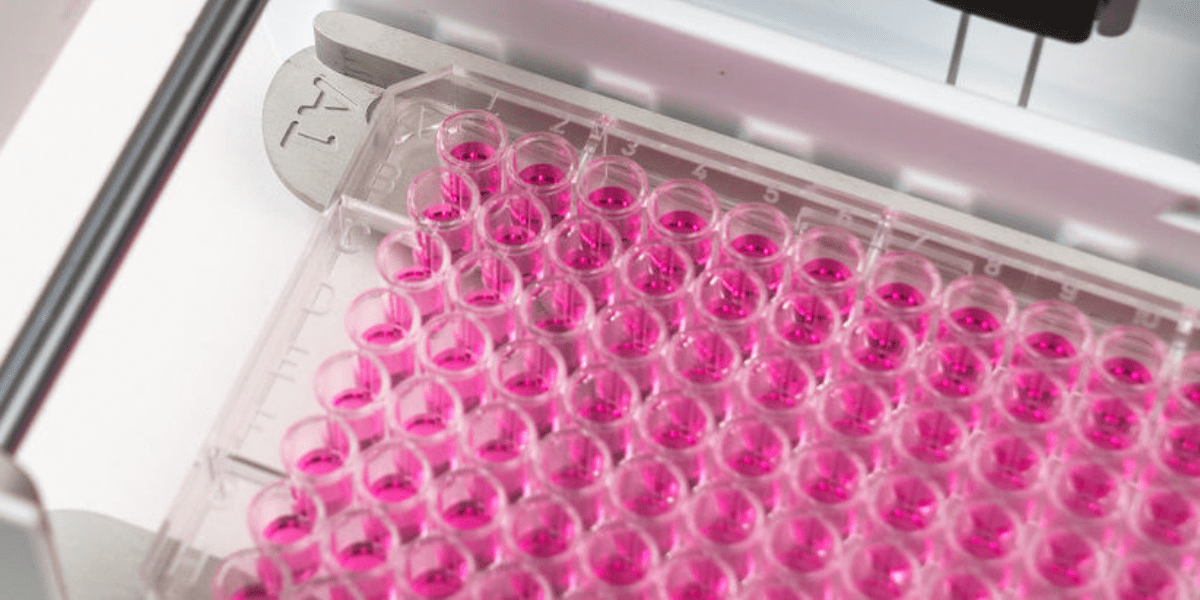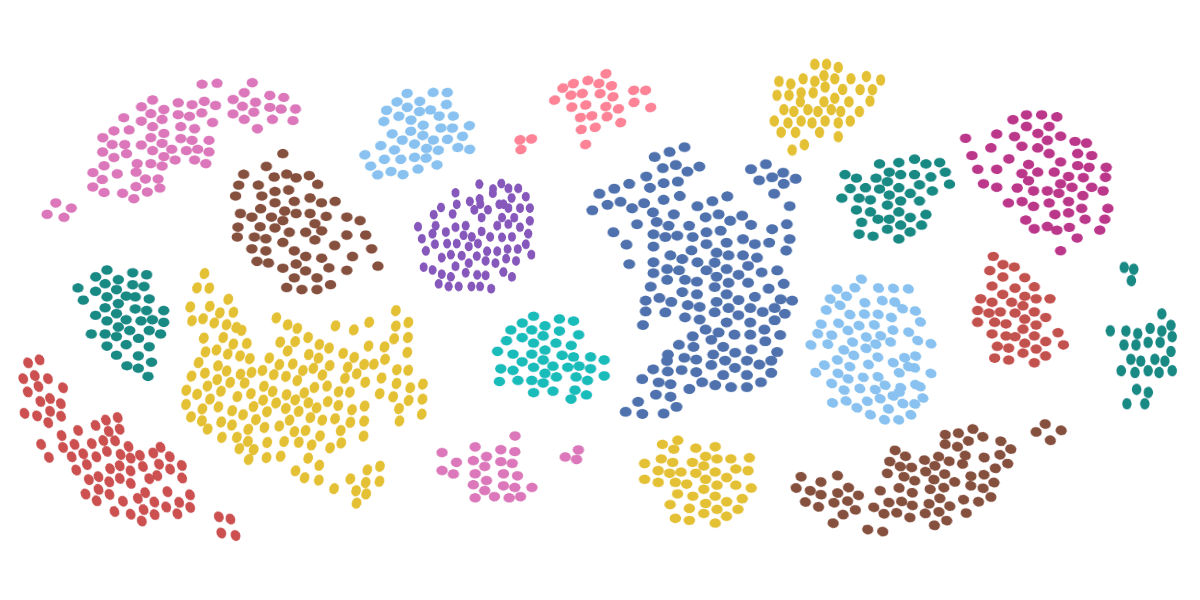Single Cell Deposition: The Cornerstone of Flow Cytometry for Cellular Analysis and Manipulation

Flow cytometry is a groundbreaking technology in biomedical research, offering rapid, detailed analysis of cells based on their physical and chemical properties. To fully tap into this potential, one must understand a crucial element: single cell deposition (SCD). This process is central to obtaining high-quality data in numerous applications, including single-cell genomics, clone selection, cell line development, and rare cell isolation. But why is single cell deposition so essential?
Cell Isolation and the Power of One
At the heart of many critical research areas lies the ability to isolate cells – to separate a single cell from a heterogeneous mixture. Techniques such as single cell dispensing and the use of a single cell printer are paramount in facilitating this process, particularly for applications such as single-cell genomics. In this context, ensuring that each cell’s genomic material is isolated and free from contamination is vital to accurately sequence and analyze the genome.
Single cell isolation techniques are also indispensable in clone selection and cell line development. An essential part of any cell line development protocol is ensuring that derived cells originate from a single progenitor cell, which guarantees clonality and genetic uniformity. The success of this process is crucial for numerous downstream applications, including drug screening, disease modeling, and cell line engineering.
Rare Cell Analysis
Single cell deposition is especially impactful when it comes to analyzing rare cells. These cells, which may include circulating tumor cells (CTCs) or stem cells, typically represent a minute fraction of a cell population. With the ability to isolate cells individually using single cell deposition techniques, researchers can detect, isolate, and study these elusive cells more effectively.
Aiding the Growth of Personalized Medicine
In the rapidly evolving field of personalized medicine, the ability to isolate cells becomes even more significant. Analyzing how individual cells react to specific drugs or treatments allows for a more personalized and effective treatment approach. In the context of cancer therapy, where tumor heterogeneity often hampers the efficacy of treatments, single cell dispensing and single cell isolation techniques allow researchers to study how different cells within a tumor react to treatments, enabling more targeted therapies. The cell therapy workflow can benefit from single-cell dispensing to identify activated vs exhausted T cells, for example.
Facilitating Novel Scientific Discoveries
The influence of single cell deposition stretches beyond its current uses. It sets the stage for novel scientific discoveries, offering new avenues for exploring cellular heterogeneity, deciphering complex biological systems, and developing new technologies for cellular analysis and manipulation. With the advent of single cell printers and sophisticated single cell isolation techniques, we are on the cusp of a new era of cellular biology and personalized medicine.
Expanding Capabilities with the NanoCellect WOLF G2® and N1 Single-Cell Dispenser
One particularly notable technology for harnessing the power of single cell deposition is the NanoCellect WOLF G2 Cell Sorter and N1 Single-Cell Dispenser. This compact system is designed for gentle sorting and single cell dispensing, keeping cells healthy and viable to ensure the integrity of downstream analyses.
To use the WOLF G2 and N1, a cell suspension is first loaded into the device. The WOLF G2 uses microfluidics-based technology to align cells into a single stream. These cells are then interrogated by the system’s laser, which identifies their various physical and fluorescent characteristics. Based on pre-set parameters, specific cells can be selected for collection, ensuring a highly targeted and pure sample.
Once the desired cells have been sorted, the N1 Single-Cell Dispenser comes into play. This device enables the precise dispensing of single cells into 96- or 384-well plates. In addition, the N1 is capable of dispensing between one and 100 cells per well.
The use of the NanoCellect WOLF G2 Cell Sorter and N1 Single-Cell Dispenser greatly simplifies and streamlines the process of single cell deposition. Whether your focus is on single-cell genomics, cell line development, or rare cell analysis, these devices offer a powerful, efficient, and user-friendly way to achieve your research goals.
———
Single cell deposition in flow cytometry represents a fundamental cornerstone of modern biomedical research. By allowing us to isolate cells for more detailed analysis and manipulation, SCD is shaping the way we understand cellular biology, study genomics, and approach personalized medicine. The impact of single cell deposition is already transformative, but its potential is even more exciting, promising further advancements in biomedical research, diagnostics, and therapies.
Check out our Scientific Publications page to browse our collection of application notes, webinars, and technical notes that showcase the use of the WOLF and N1 Single-Cell Dispenser.
Have any questions? Get in touch with us at [email protected]!



